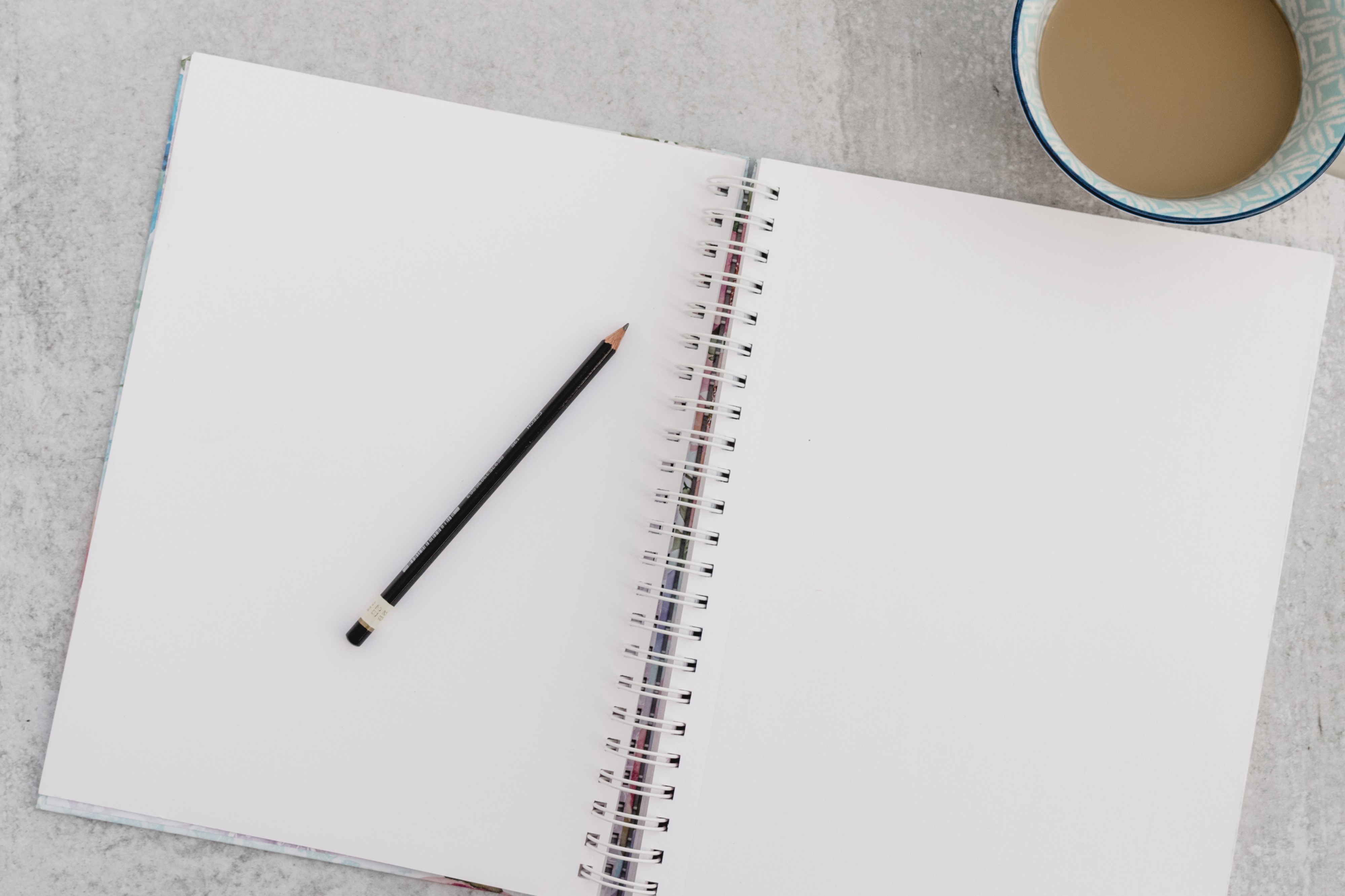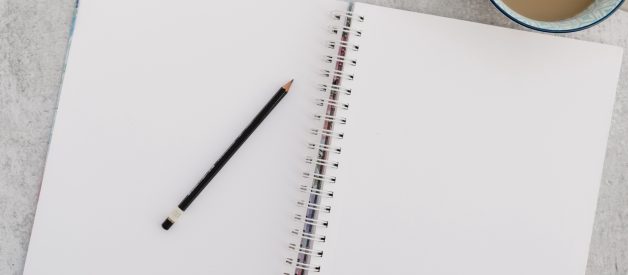Face the blank page and start writing
 Photo by ASHLEY EDWARDS on Unsplash
Photo by ASHLEY EDWARDS on Unsplash
Some days there?s nothing more daunting than a blank page. Even the most seasoned writers can freeze up when faced with one. There are ways to conquer that blank page anxiety and get our words down.
First, it?s important to understand why that fear exists.
The blank page causes so much fear and anxiety because it seems endless. It?s vast, open, and endless, but also meaningless. And it?s up to us, as writers, to make it meaningful.
And that?s terrifying.
How do we conquer that fear and get words on the page?
Start When You?re Tired
There are ties between sleep and creativity. The closer our brains are to sleep, the more creative they tend to be.
Try hitting that empty page first thing in the morning, or late at night before bed. Not only will you be more creative, but the sleepiness will also help you care less about the quality of the words you?re putting down.
Brainstorm First
Instead of sitting down for your writing session and then brainstorming ideas, separate the two. Brainstorm before your writing session, even the day before, to create distance between the two.
I have a running list of topic ideas for Medium stories ready to go so when I sit down to write a new one, I have a long list to pick from. I usually spend a little time at the end of a writing session brainstorming to replace the ideas I?ve just used up.
Set a Timer and Freewrite
This works wonders to get the starting jitters out. Decide how long you want to freewrite for and put pen to page. It doesn?t matter what you write about, as long as there are words hitting the page.
Like any professional athlete, your brain needs a warm-up before the big race. By jotting down whatever comes to mind, whether it?s related to your project or not, gives your brain a stretch and primes it for the real writing to come.
Rough Drafting
I?m a big, big fan of rough drafting. Very rarely does something come out perfect the first time around. Allow yourself to think of what you?re about to write as a rough draft. It?s going to be messy and imperfect, but you can fix that.
When I?m particularly stumped, I?ll sketch an outline of the points I want to make through the story. Then, when I?m ready to start writing, I already have a map of where the words are going and beginning seems far less scary.
Quotes and Prompts
When all else fails, try starting with the words of someone else. Start with a quotation or a prompt and work from there. This is particularly effective when you?re at a loss on what to write about.
Physically include the quotation or prompt on your blank page before you jump off from it. Now, when you?re ready to start writing, the page isn?t blank anymore and far less scary.
A fear of the blank page isn?t the same as writers? block. The page causes anxiety simply because it?s filled with endless possibilities. But by starting with someone else?s words, or freewriting, or believing it?s a rough draft, takes the power away from it. The more you practice your writing, the less daunting the blank page can begin to seem.
Remember, you can?t edit a blank page.


